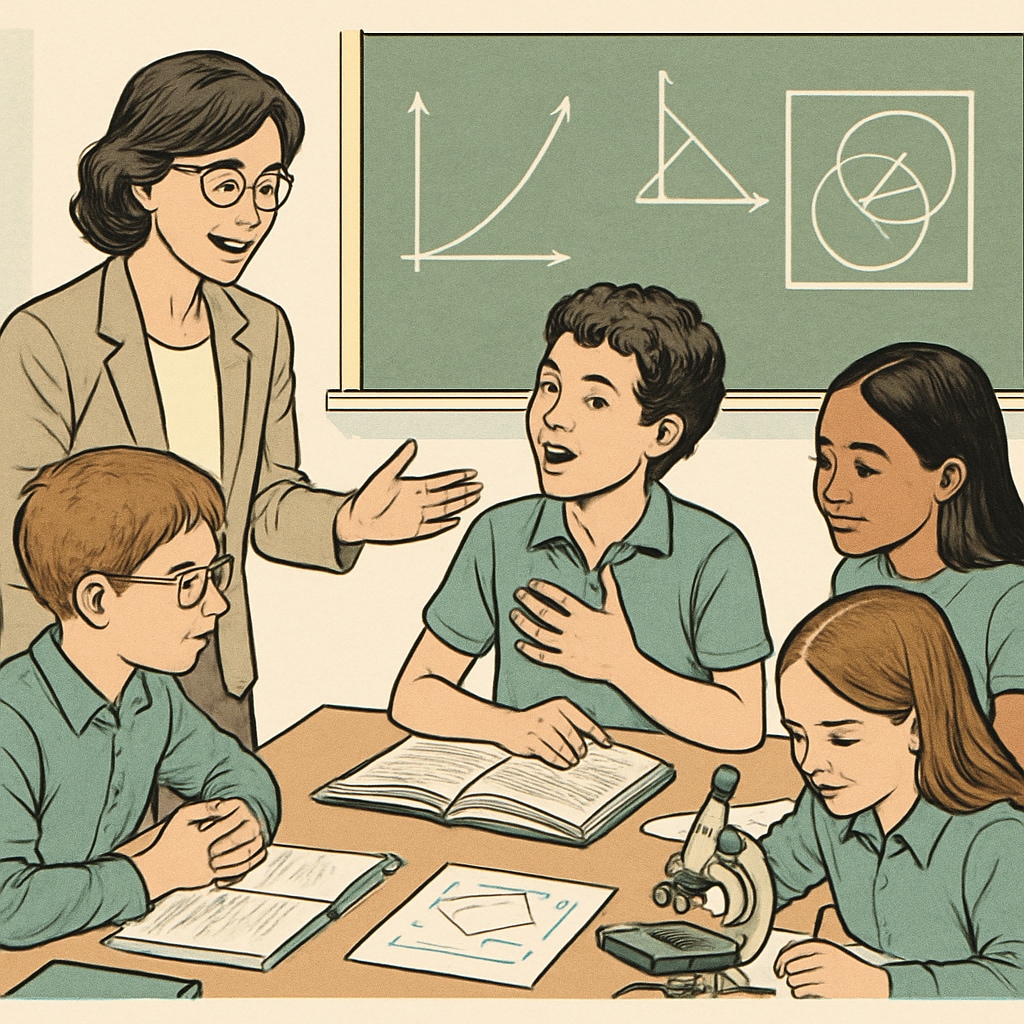Supporting children with exceptional academic performance requires a delicate balance between challenging them intellectually and fostering their overall development. In the context of “academic excellence, gifted education, and acceleration,” parents and educators can play a pivotal role in ensuring these students thrive both academically and emotionally. This article explores practical strategies to guide talented children toward their full potential while maintaining their passion for learning.
Identifying and Understanding a Gifted Student’s Needs
Before implementing any academic support, it is crucial to assess the unique needs of a gifted student. Giftedness manifests in various forms, including intellectual ability, creativity, leadership skills, or artistic talent. Understanding a child’s strengths and challenges helps parents and educators create tailored educational plans. For example, some students may benefit from acceleration, such as skipping a grade, while others may thrive with enrichment programs that deepen their learning.
To begin, parents can consult with educators or specialists to evaluate the child’s abilities through standardized tests or behavioral observations. This ensures decisions regarding academic pathways are based on evidence rather than assumptions.

Balancing Academic Challenges with Emotional Well-being
While gifted students often excel academically, they may face emotional or social challenges. For instance, accelerated learning or skipping grades may place them in environments with older peers, which can impact their social dynamics. Therefore, it is essential to strike a balance between advanced academics and age-appropriate emotional development.
Here are some strategies to ensure holistic development:
- Encourage extracurricular activities: Participation in sports, arts, or volunteer groups can help children build friendships and explore interests beyond academics.
- Provide mentorship: Pairing gifted students with mentors who share their interests can offer guidance and emotional support.
- Teach resilience: Help children develop coping skills to manage academic pressures and setbacks.
By integrating social and emotional learning into their academic journey, parents and educators can create a well-rounded educational experience.
Acceleration vs. Enrichment: Choosing the Right Path
When considering academic support for gifted students, parents often face the dilemma between acceleration and enrichment. Acceleration, or grade-skipping, allows students to move ahead in subjects where they demonstrate exceptional ability. This can be an effective strategy for students who are bored or under-challenged in traditional classrooms. However, it is vital to weigh the potential risks, such as increased academic pressure or social adjustment concerns.
On the other hand, enrichment programs enhance learning by introducing advanced topics or creative projects without altering a child’s grade level. These programs can be implemented in school or through external resources, such as summer camps or online platforms. Both pathways have their merits, and choosing the right one depends on the student’s individual needs and personality.
For more information on gifted education practices, visit Gifted Education on Wikipedia or explore tailored programs offered by The National Association for Gifted Children.

Maintaining Passion for Learning in Gifted Students
Gifted students often thrive when their curiosity is nurtured. However, overemphasis on academic achievement can lead to burnout or loss of interest. To sustain their passion for learning:
- Focus on intrinsic motivation: Encourage students to explore subjects they genuinely enjoy rather than focusing solely on grades.
- Celebrate effort, not just results: Recognize the hard work and creativity that goes into their achievements.
- Provide diverse learning opportunities: Introduce interdisciplinary subjects or hands-on projects that stimulate curiosity.
By fostering an environment that values curiosity and growth, parents and educators can help gifted students remain engaged and motivated in their academic pursuits.
Conclusion
Nurturing gifted students requires a thoughtful approach that balances academic challenges with emotional and social development. Whether through enrichment programs, acceleration, or holistic learning strategies, the goal is to create an environment where children can thrive while maintaining their passion for learning. By understanding their needs and providing appropriate support, parents and educators can empower gifted children to reach their full potential.
Readability guidance: Use short paragraphs and lists to break down complex concepts. Incorporate transitions such as “however,” “in addition,” and “as a result” to maintain flow. Avoid overuse of technical jargon and keep sentences concise.


